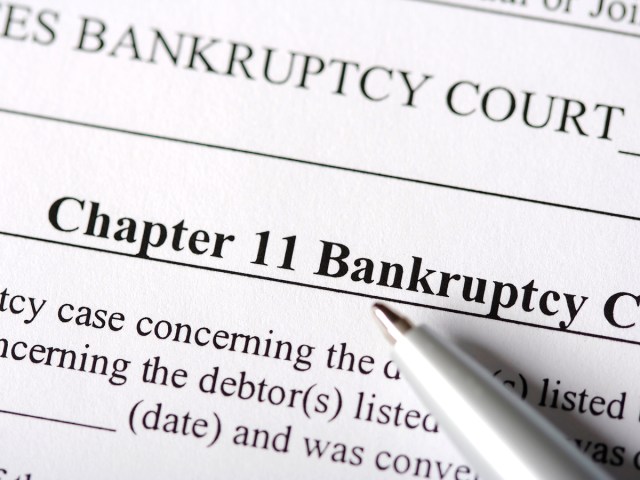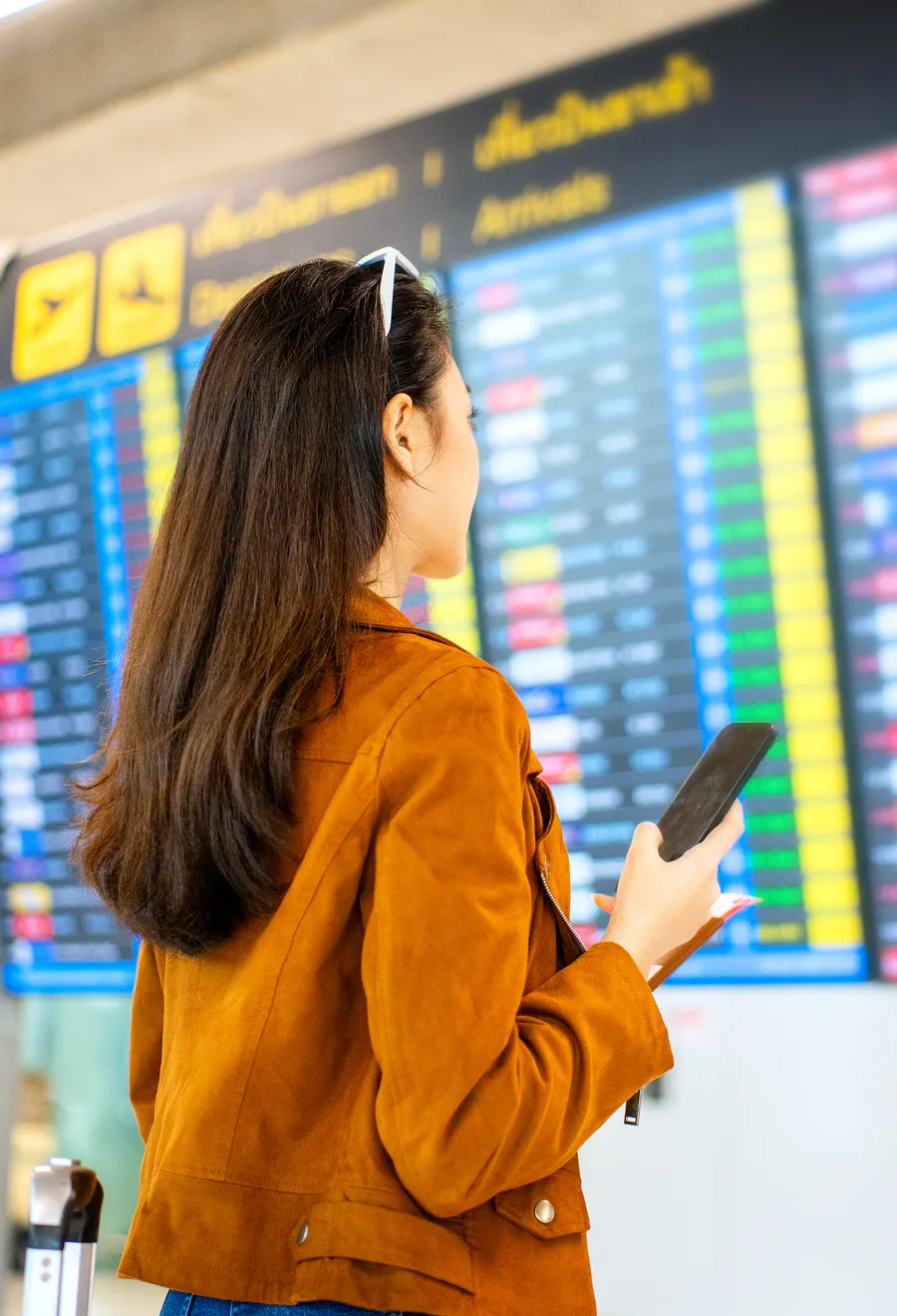When you book a plane ticket, likely the last thing you expect is that the airline will go bust. But sometimes, that’s precisely what happens, as stranded customers of Icelandic airline Play discovered in September 2025. Unless you keep up with business news, it may come as a shock to find out that the airline you chose was even having financial difficulties, let alone about to enter liquidation. According to the Iceland Review, in Play’s case, even the prime minister of Iceland was blindsided by the sudden turn of events. So, what can you do to protect yourself in the event of airline bankruptcy? Here are a few helpful strategies to keep in mind before and during your trip.
Chapter 11 vs. Chapter 7

In the U.S., a business may file for reorganization under Chapter 11 of the Bankruptcy Code. This effectively buys the company time to find a way to restructure or secure funding in order to be able to stay in business. This practice is common in the aviation industry, and it isn’t necessarily the end of an airline.
In fact, Chapter 11 protection has enabled various American carriers to continue flying: United Airlines filed for Chapter 11 in 2002 (exiting bankruptcy in 2006), Delta entered in 2005 (exiting bankruptcy in 2007), and American Airlines went through the process in 2011 (exiting bankruptcy in 2013). In other cases, the outcome is less certain, as is currently the case with Spirit Airlines, which emerged from Chapter 11 in March 2025 but filed again in August 2025.
If restructuring fails to work or a buyout can’t be achieved, an airline may declare Chapter 7 bankruptcy, which is a liquidation process, and cease operating altogether. Travelers may wish to search online to see if the airline they’re considering is experiencing financial or operational difficulties so that they are aware of any such situations at the time of booking.
Book Tickets With a Credit Card

If an airline goes into liquidation, insolvency professionals may pause refunds while they work out how to divide assets among creditors. As a traveler, you likely won’t be first on their list. In the meantime, however, you can take matters into your own hands — as long as you paid for your ticket using a credit card.
The Fair Credit Billing Act of 1974 aims to protect consumers from unfair billing practices. This means that if a vendor charges for services that aren’t provided, the purchaser’s liability is limited. If you’ve bought a flight using a credit card, you can apply for a chargeback. Time limits vary according to the provider, so it’s wise to dispute the charge as soon as you know the airline isn’t going to honor its end of the contract.
Work Out a Plan B Before You Travel

Anytime you travel, it’s also useful to figure out alternative arrangements in advance so that, if the unexpected happens, you’re ahead of the pack. Do some online research about which other airlines serve your destination, and if you’re unable to fly back from your intended airport, check if it’s feasible to reach another.
In some cases, it might be possible — though admittedly more time-consuming — to take other modes of transportation to get back home. Depending on where you are, that might involve taking a train, bus, or even a ferry. If you can spare the time, this might be the most cost-effective solution in the event an airline leaves you stranded.
Keep an Eye Out for Rescue Flights

When an airline ceases flying, other carriers may step in to help stranded passengers, though this doesn’t happen in all cases. When it does, it’s good PR, particularly when the savior airline caps airfares for stranded customers.
To qualify for such rescue fares, you’ll most likely have to provide a booking reference that proves you were originally scheduled to fly with the now-bankrupt airline. However, these flights can take time to materialize. If you can find an affordable route home in the meantime, consider grabbing it, because airfares are dynamic and change rapidly according to supply and demand.
Ensure You Have Access to an Emergency Fund

When the unexpected happens, you’ll need to be able to pay for replacement tickets and hope that you’ll be able to recoup your costs at a future date. But sometimes this can be many months later — or even not at all. As a consequence, be sure to carry a credit card with a high-enough credit limit so that you are able to pay for a seat on a replacement flight home or cover other unforeseen costs such as extra nights in a hotel until you can find one.
Choose the Right Insurance Policy

Many people opt to purchase travel insurance, but not all policies are equal. To be able to file a claim if your airline goes bankrupt, you may need a policy that offers reimbursement for scheduled airline failure or financial default. This may not be covered by some travel insurance policies but can sometimes be sold as an add-on to a policy.
Before you decide on a travel insurance policy, check the fine print. For instance, you might be insured for the price of your original flight but not the cost of a last-minute replacement, which may be much more expensive. For domestic flights or short hops overseas, you may be happy to cover the amount yourself, but for a long haul flight, being well-insured could potentially save you hundreds or perhaps thousands of dollars.
More from our network
Daily Passport is part of Inbox Studio, an email-first media company. *Indicates a third-party property.
















